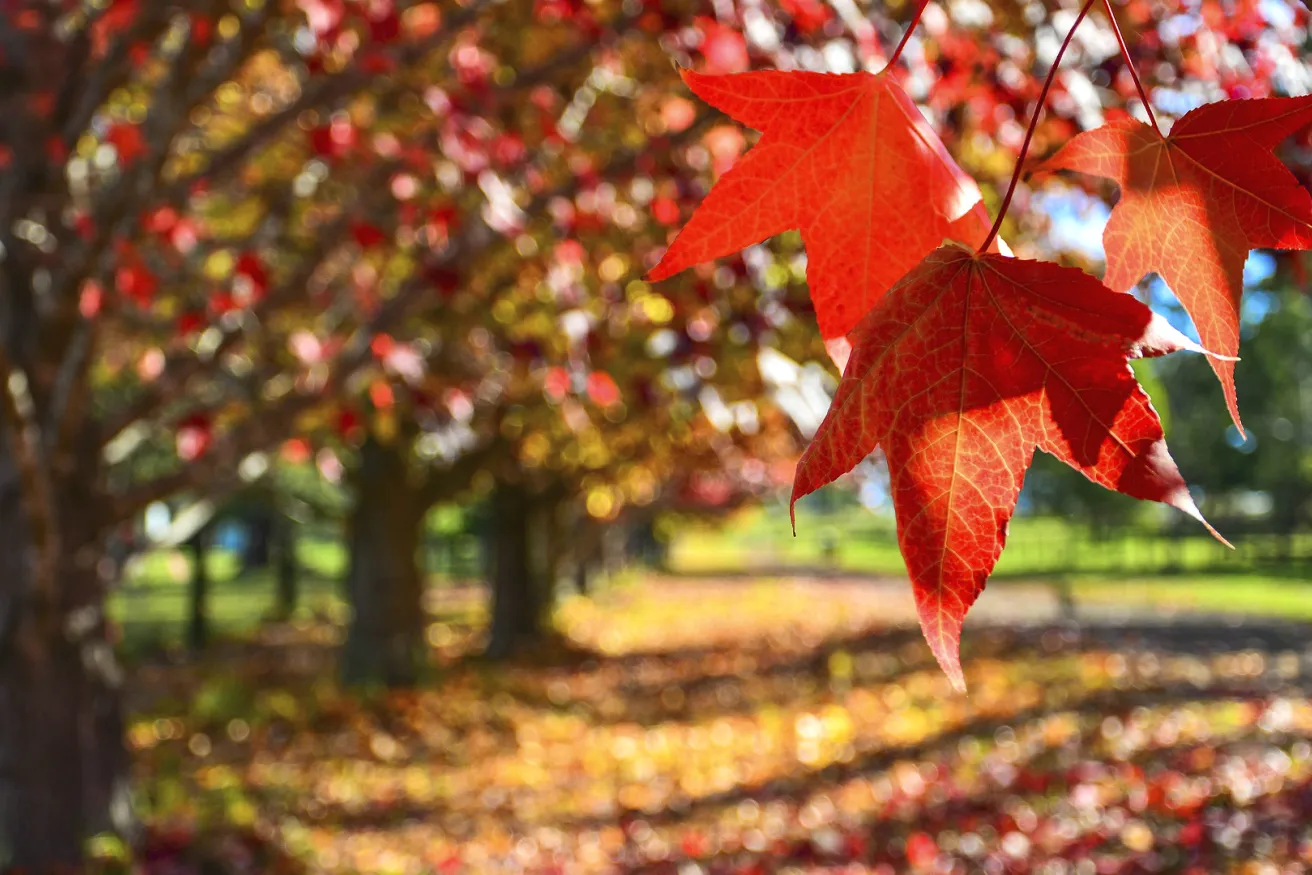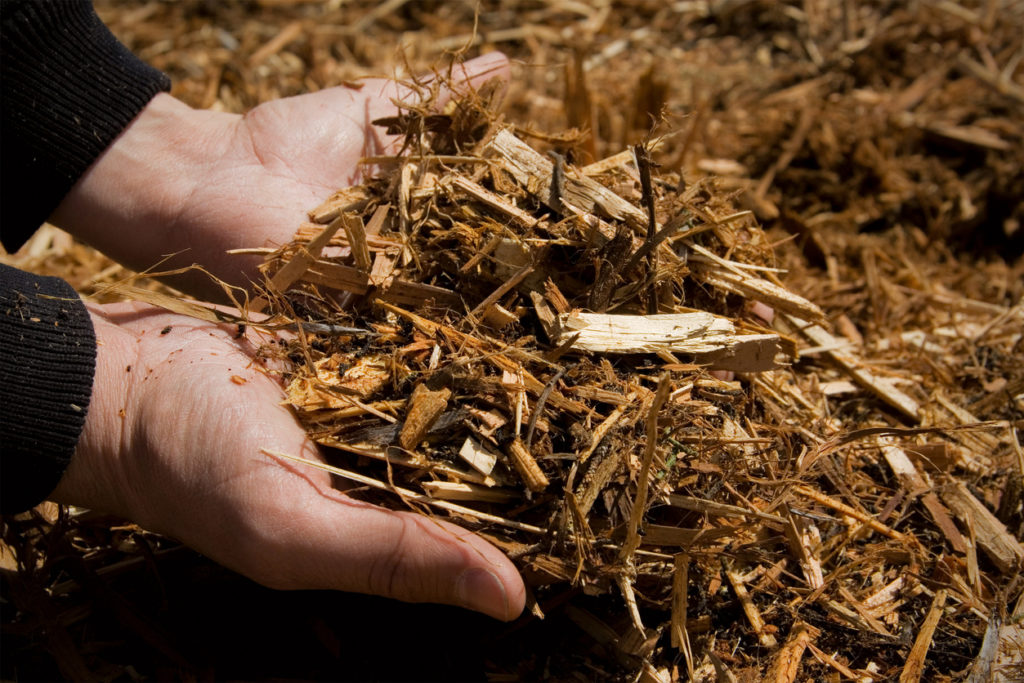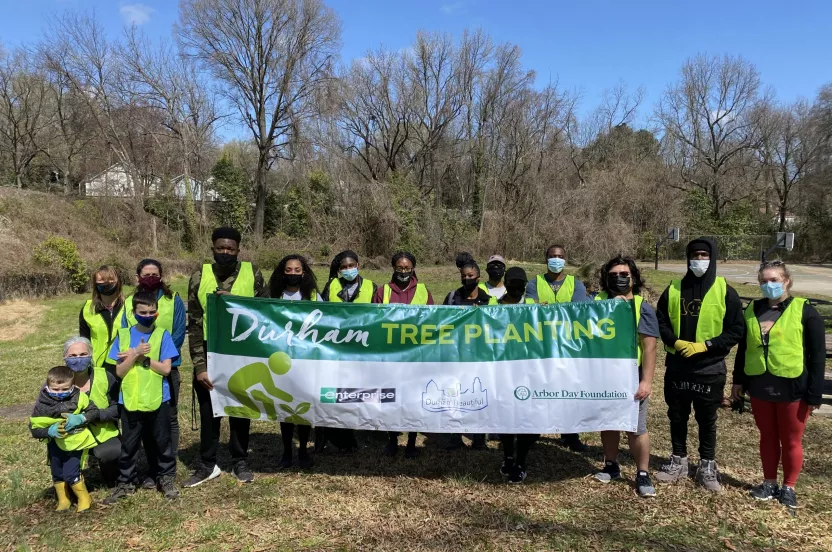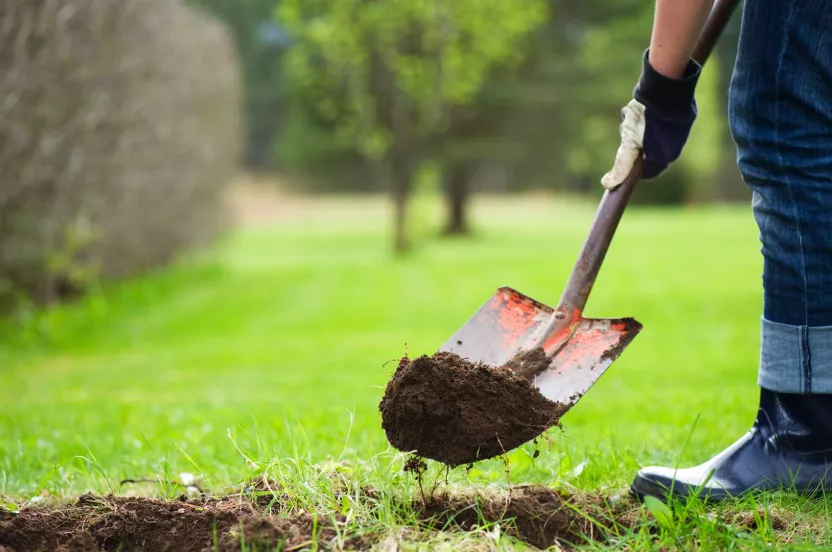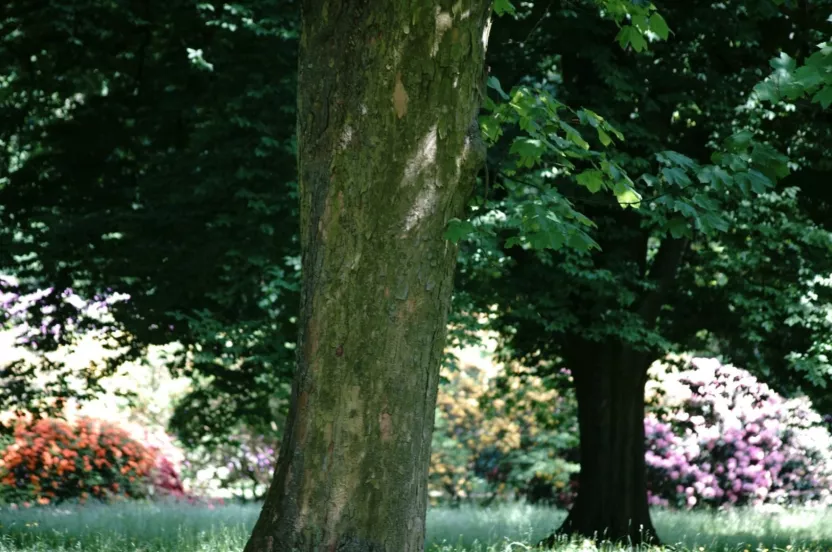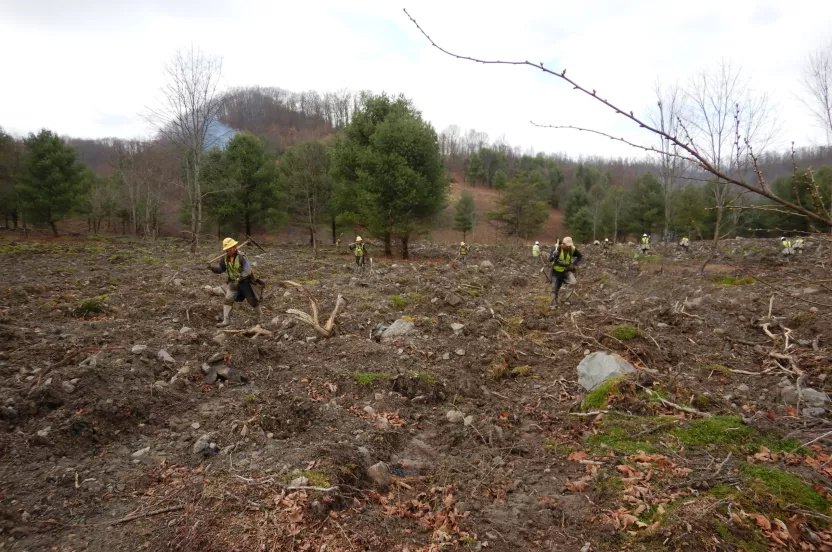The Arbor Day Foundation is pledging 10 million trees to areas impacted by hurricanes Helene, Milton Help us replant
For many people, spring has become the default season when it comes to planting or gardening, understandably so. Harsh winters and the lack of vegetation makes us excited to refresh our gardens and landscape our yards. Spring can be a great time of year to plant, depending on where you live. But, fall may be more ideal for your trees. The best time to plant trees will vary from region to region. In moderate places where the weather is consistent year-round, there may not be a preferred planting period. But for many areas that experience seasons, fall may be better to plant trees.
Benefits of Fall Planting
Planting in the fall gives trees an extra growing season before the stress of summer. The combination of cooler temperatures and fall rain allows trees to establish their roots, making it easier on them to adjust to extreme heat or drought in the summer.
Many people fear that young trees can’t withstand the winter. However, that’s not the case. Trees go dormant in the winter, the equivalent of hibernation. This “sleep” state slows down the tree’s growth, energy consumption, and metabolism. It’s safe to plant trees until the ground is frozen solid, generally after the first hard frost. Even if there is snow on the ground, if you’re able to stick a spade into the soil, it’s still okay to plant. When trees are dormant, they shouldn’t require any extra care.
Watch: Ask an Arborist: Why Should I Plant in the Fall?
Right Tree Right Place
The time of year you plant can have little impact on your tree if you don’t plant it properly. This includes planting the right tree in the right place. Before planting, evaluate your space to make sure it will be suitable for your tree as it grows. Be cautious of planting too close to surrounding structures. You’ll also want to consider how much sun, shade, and moisture the tree will get at the planting site. It’s not a bad idea to call 811 before you dig to avoid planting on underground utility lines. This free service can be a timesaver down the road. Proper tree care starts by properly planting your tree.
After Planting
Your tree will require the same care no matter what time of year you plant. Always mulch a two to three-inch ring of mulch around the base of your tree—but don’t pile it against the trunk. Water your tree right after planting, yes, even if it’s cold outside. During the fall your newly planted tree will still require watering. But it’s up to you to figure out how often and how much. Use a trowel to dig a 1-inch hole and feel the soil around your tree. if it’s moist to the touch, your tree doesn’t need water. Tree watering will vary for each tree depending on its size, species, climate, and location.
There are perks to fall planting, like a stronger root system and less maintenance. But whether you’re planting in the spring or fall, your newly planted tree will still require a little care in the first year of its life.

